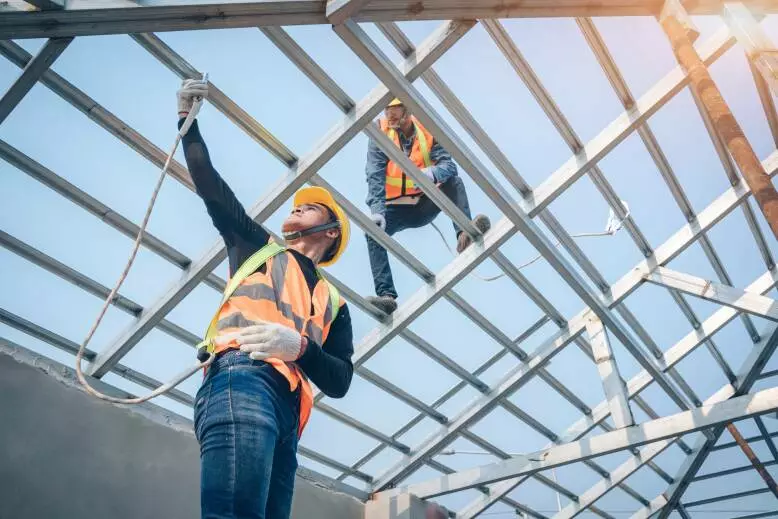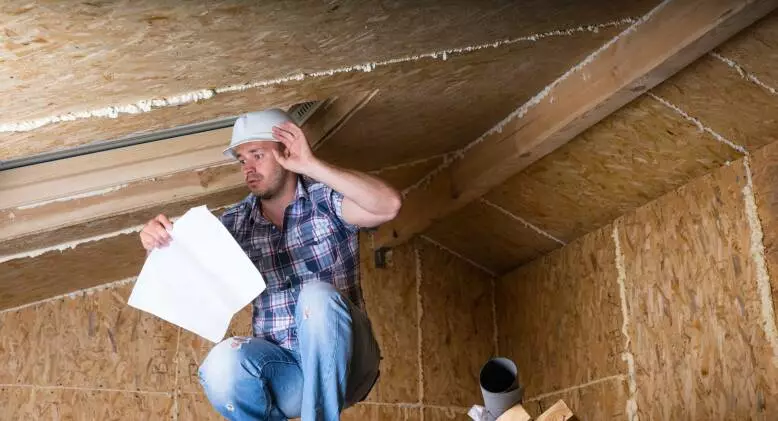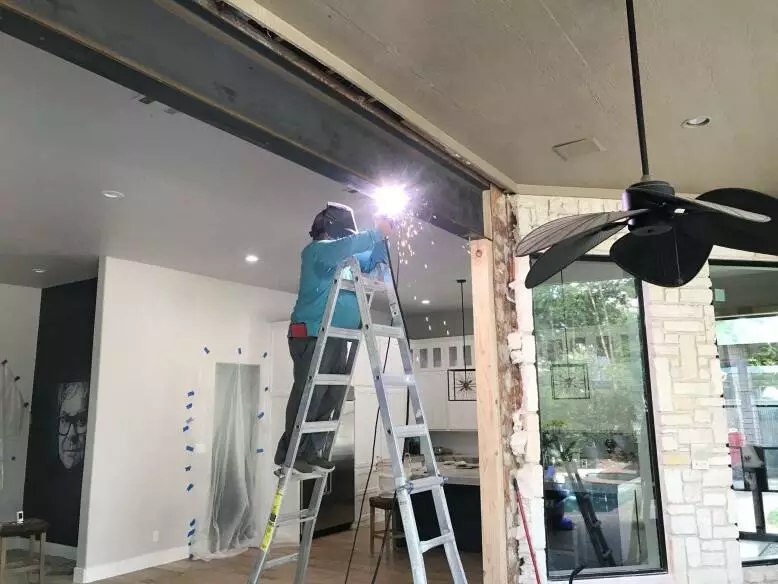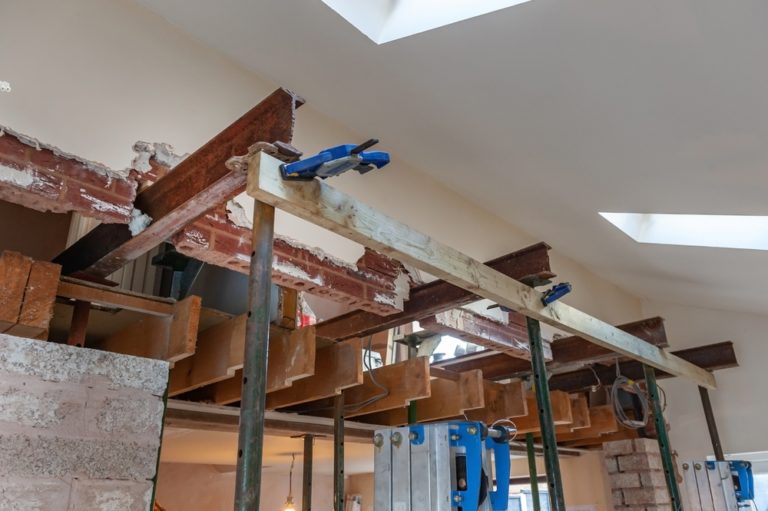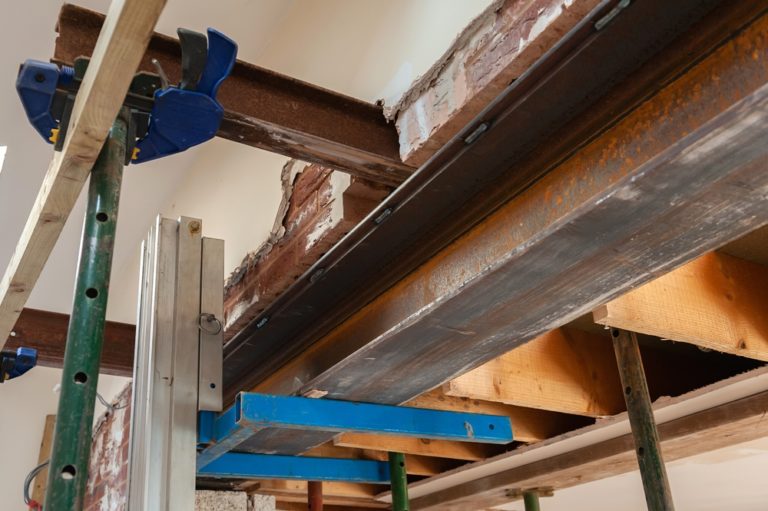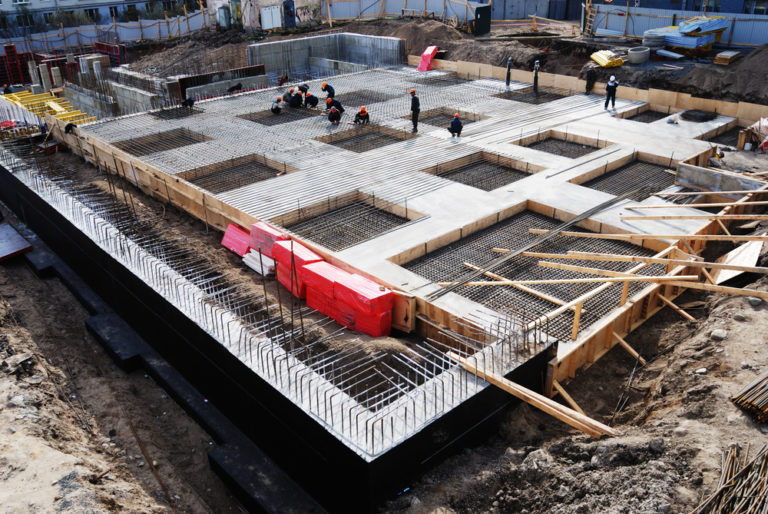At Nortex Structural, we specialize in Stone Gravity Wall Design, a cornerstone service that has revolutionized how our Dallas Fort Worth customers approach their landscaping and structural needs. Embracing the natural beauty and resilience of stone, we create gravity walls that not only provide essential support and erosion control but also enhance the aesthetic appeal of any property. Our approach marries innovative engineering with the unique environmental demands of Texas, offering solutions that are as durable and functional as they are visually striking. Whether it’s for residential landscaping, commercial development, or public spaces, our stone gravity walls stand as a testament to our commitment to quality, sustainability, and design.
What Is Stone Gravity Wall Design?
A stone gravity retaining wall is a type of structure designed to resist the lateral pressure of soil or other materials, primarily through its own weight and the gravitational force. This kind of retaining wall is constructed using stone and relies on the mass of the stones to provide the necessary stability and support. Here’s a more detailed look at stone gravity-retaining walls:
Construction and Design
- Material: As the name suggests, these walls are built using large stones. The stones can be either natural boulders or cut and shaped for a more uniform appearance.
- Stacking Method: The stones are typically dry-stacked, meaning no mortar is used to hold them together. The stability of the wall comes from the careful placement and weight of the stones.
- Design Considerations: The design of a stone gravity wall often involves a slight backward lean towards the retained material. This lean, known as batter, along with the wall’s height and depth, helps enhance stability by leveraging gravity.
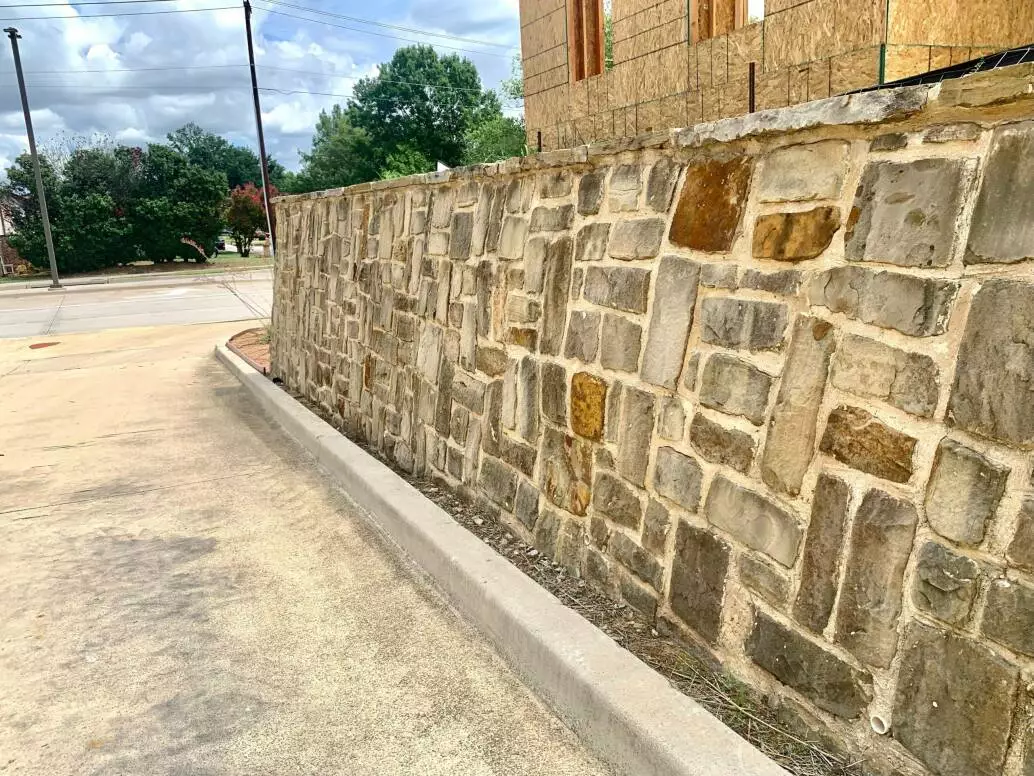
Functionality
- Retaining Soil: The primary purpose of these walls is to hold back soil in areas where a change in elevation is required, such as in landscaping, hillside farming, or road construction.
- Erosion Control: They are effective in preventing erosion by providing a strong barrier against soil movement, particularly in areas with loose soil.
Advantages
- Aesthetics: Stone gravity walls have a natural, rustic look that can enhance the landscape’s aesthetic appeal.
- Durability: Being made of stone, these walls are highly durable and can withstand various weather conditions.
- Environmentally Friendly: The use of natural materials and the absence of mortar or concrete make these walls an eco-friendly option.
- Flexibility: They can be constructed in varying shapes and sizes, allowing for flexibility in design and application.
Considerations
- Engineering Expertise: While smaller stone gravity walls can be DIY projects, larger walls often require engineering expertise to ensure stability, especially in areas with heavy loads or significant soil movement.
- Drainage: Proper drainage is crucial to prevent water pressure buildup behind the wall, which can lead to wall failure.
How Stone Gravity Walls Work
Stone gravity walls operate on a fundamental yet effective principle – the use of the weight of stones combined with the force of gravity to retain soil and provide stability. The essence of their functionality lies in their simplicity, which belies the sophisticated engineering principles they embody.
The cornerstone of a stone gravity wall’s effectiveness is the sheer weight of the stones used in its construction. These hefty stones, when strategically placed, resist the lateral pressure exerted by the soil behind them. Gravity plays a key role here, as it pulls down on the weight of the stones, ensuring the wall remains firmly anchored and stable. This natural force is a reliable ally in maintaining the structural integrity of the wall over time.
Why We Design Stone Gravity Walls
Stone gravity retaining walls are popular in both residential and commercial landscaping, garden design, roadside and hillside retention, and in creating terraces on sloped land.
Designing stone gravity retaining walls for customers in the Dallas-Fort Worth area, particularly in Texas, is influenced by several key factors that are in line with the region’s unique environmental conditions, aesthetic preferences, and structural requirements. Here’s why these walls are an advantageous choice:
Adaptability to Local Climate
- Heat Resistance: Texas is known for its hot climate. Stone gravity walls are highly resistant to heat and do not degrade under high temperatures, making them ideal for the region.
- Drought Tolerance: In periods of drought, which Texas often experiences, these walls are less prone to cracking compared to those made with mortar, as the stones can shift slightly without losing structural integrity.
Environmental Compatibility
- Soil Erosion Control: Parts of Dallas Fort Worth are prone to soil erosion due to heavy rains and storms. Stone gravity walls effectively combat this by providing robust soil retention, especially in sloped areas.
- Natural Drainage: These walls allow for natural drainage of water, reducing pressure on the wall and mitigating the risk of water-induced damage or soil erosion, a crucial feature in areas with fluctuating rainfall patterns.
Aesthetic Appeal
- Rustic and Natural Look: The natural, rustic appearance of stone gravity walls aligns well with the architectural and landscaping preferences in Texas. They complement both the natural landscape and the prevalent architectural styles.
- Customization: Each wall can be customized in shape, size, and stone type, offering Dallas-Fort Worth residents a personalized touch to their properties.
Structural Benefits
- Durability: Stone is a durable material capable of withstanding the test of time and the elements, making it a practical choice for long-term structural solutions.
- Low Maintenance: Unlike other retaining wall types, stone gravity walls require minimal maintenance, which is a key consideration for homeowners and commercial properties alike.

